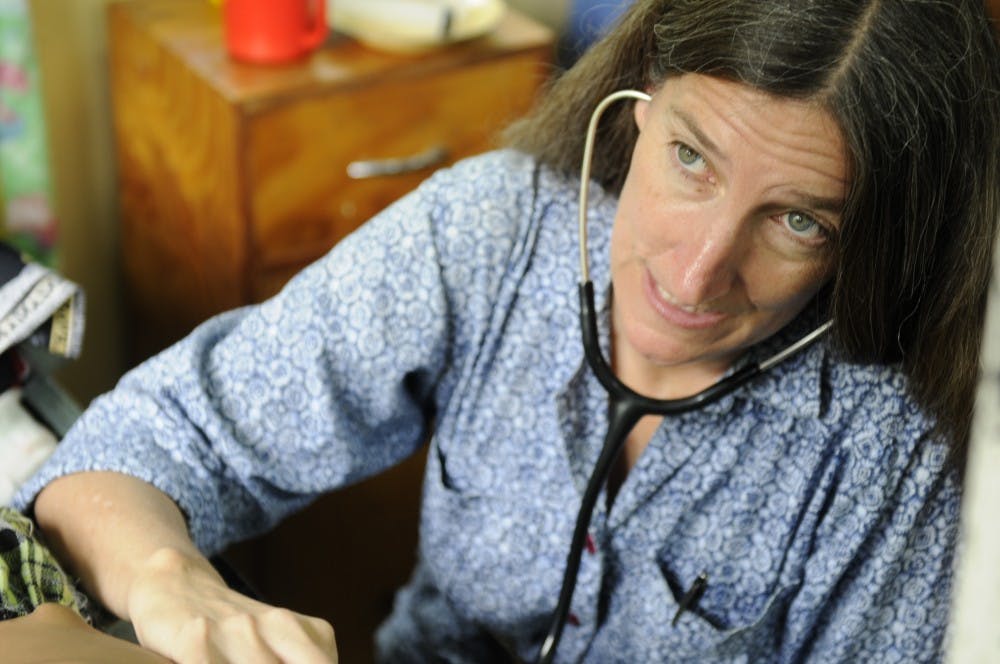Malaria is a deadly disease that affects hundreds of millions of people worldwide each year. The majority of cases resulting in deaths are reported in Africa and a particularly hard hit area is the southeastern country of Malawi. Efforts to eradicate this disease, as well as the mosquitoes that carry it, have been ongoing for decades. Substantial progress has been made across Africa where a general decline in malaria cases has been observed.
But for some reason Malawi has not experienced this decline. Dr. Terrie Taylor, an MSU Distinguished Professor of internal medicine and an osteopathic physician, has set out to find out why.
For the past thirty years, Taylor has traveled to Malawi to study malaria transmission, infection and treatment methods. In those thirty years, according to Taylor, she has made two trips a year, if not more.
Her past work in Malawi has included diagnosing and treating cerebral malaria among children. Recently Taylor received a grant for $8.5 million to study why malaria prevention methods and eradication techniques have not been successful in Malawi.
"The grant that was just awarded takes us out of the hospital and into the communities to better understand how malaria is transmitted between mosquitoes and people," Taylor said.
Taylor said her new study would be a "molecularly intensive project."
"For the kind of work we'll be doing in the communities, which doesn't involve making a diagnosis on a patient," Taylor said. "We are collecting dried blood spots on filter paper and bringing them back into our lab to determine who is infected. Which people are infected and which mosquitoes are infected. We have skipped the old approach of looking down a microscope at a slide.”
This refers to Taylor’s earlier work and her findings that some individuals can be infected with Malaria but not show any symptoms. Taylor says this group represents a “reservoirs of infection” in that they live normal lives while unknowingly spreading the infection via mosquitoes. Even when mosquito populations are reduced those in the “reservoir of infection” keep the infection alive and well.
Taylor and her team have worked with other American universities such as the University of Michigan and University of Maryland. But according to Taylor the other schools do not have the same philosophy as MSU.
She referenced MSU’s long-term commitment in Malawi and the continued collaboration between her team and the Malawi Ministry of Health.
Taylor pointed to the breakthroughs her and her team have made have kept her inspired.
"We are making progress, slowly but surely," Taylor said. "That also provides incentive to keep going."
Support student media!
Please consider donating to The State News and help fund the future of journalism.
Discussion
Share and discuss “MSU Distinguished Professor looks to make a difference against Malaria” on social media.




